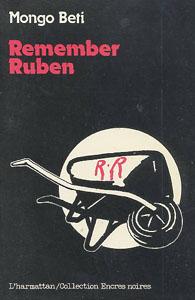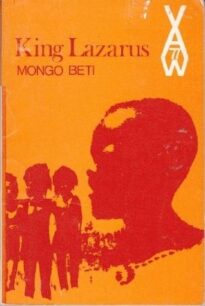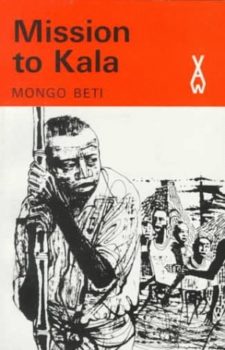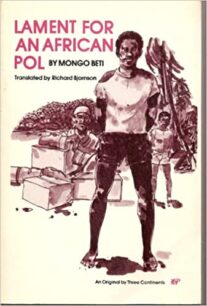Remember Ruben by Mongo Beti
This book starts out somewhat at a tangent. The interlocutor, Mor-Zamba, appears as a refugee from another clan as a small boy, and he meets with both African hospitality and foreigner rejection in equal measure. He is teased and rough-handled by the local boys, and celebrated for upholding the honor of his adopted village by winning a wrestling contest which pitted “his” village with another. But he receives little gratitude from the villagers afterwards as he proceeds to build a house for himself. Only Abena, whose family has welcomed him and who will remain his livelong friend gives him a hand. And to cap it all, he is sent away as an indentured servant ( a colonial kind of slavery) to work for the colonials as a prisoner. His crime: the colonial authorities need laborers and the local chief has to provide them. The local stranger with no family roots in the village is the obvious victim. But Mor-Zamba endures prison life, and his friend Abena also leaves the village and takes up degrading work with a European priest to be near his friend. But that is not all… This time Cameroon is on the verge of political independence, and the trade union leader, Ruben (Um Nyobe) and his PPP (UPC) party are asking for the type of indenpendence the French authorities are unwilling to give their colony. The French will go very far, supporting a more ammenable Baba Toura (Ahmadou Ahidjo) and will engage in covert assassination of local leaders opposed to their choice. And so Baba Toura’s opponents are killed by a ruthless gang of french-backed mercenaries. Ruben (um Nyobe) becomes the first matyr and his followers resort to guerrilla tactics–les maquisards. Meanwhile, Abena returns from a long war effort for France that had taken him from Europe to Indo-China. His return is a boost for the Rubenists, but it also heralds a new destiny for Mor-Zamba, who has to return to the village and reclaim the chief’s stool that had been usurped by his erstwhile nemesis. This books shows the daily picture of a period in time, the birth of political emancipation in a former french colony (or trust territory in this case), and throws some light on post-colonials political developments in Cameroon.
Ahidjo eventually quashed all opposition, formed a one-party dictatorship, and ruled for 22 years.




